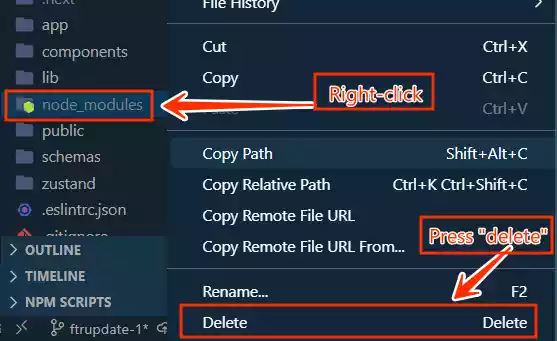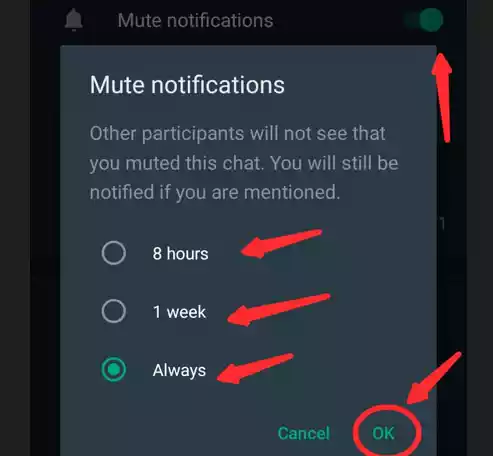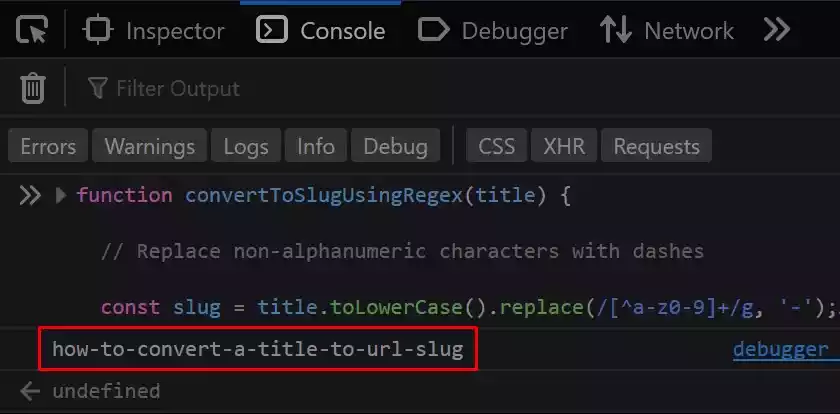Surveillance vs. Monitoring: What's The Difference?
Surveillance and monitoring are closely related terms that are often used interchangeably.
But, it is important to recognize the differences between these concepts and how they are applied.
In this article, we will look at the difference between surveillance and monitoring, including their definitions, purposes, durations, intrusiveness, and scopes.
Table of Contents
Surveillance (Systematic Information Collection)
Surveillance involves the systematic collection of information about a person or a group of people.
It can be conducted by government agencies, private companies, or individuals. The primary objective of surveillance is to gather data for various purposes, such as national security protection, criminal investigations, or intelligence gathering.
Government agencies may employ surveillance techniques to monitor potential threats to public safety or national security.
Private companies may engage in surveillance to protect their assets, prevent fraudulent activities, or gain market insights.
Even individuals, in certain circumstances, may conduct surveillance to ensure personal safety or monitor specific activities.
Monitoring (Ongoing Observation for Specific Purposes)
Monitoring, on the other hand, involves the continuous observation of a person or a group of people.
It is typically carried out with a particular objective in mind. Monitoring can be conducted by government agencies, private companies, or healthcare providers, depending on the context.
Government agencies may monitor individuals or groups to ensure compliance with laws or regulations. For example, traffic cameras are employed to monitor vehicles and enforce road safety regulations.
Private companies may use monitoring to track employee productivity or ensure adherence to company policies.
Healthcare providers often monitor patients’ vital signs or medical conditions to provide accurate diagnoses and appropriate care.
Key Differences: Duration, Intrusiveness, and Scope
Several factors differentiate surveillance from monitoring:
- Purpose: Surveillance primarily focuses on collecting information, while monitoring aims to observe for a specific purpose. Surveillance encompasses a wide range of objectives, including security, intelligence gathering, and criminal investigations.
On the contrary, monitoring typically serves a more defined purpose, such as compliance, health tracking, or support provision. - Duration: Surveillance tends to be long-term, involving continuous or periodic data collection over extended periods.
Monitoring, on the other hand, can be short-term or ongoing, depending on the specific objective and context. It may involve real-time observation or periodic checks. - Intrusiveness: Surveillance is generally more intrusive compared to monitoring. Surveillance often involves the use of sophisticated technologies, invasive methods, or extensive data collection, which can encroach upon privacy and personal freedoms.
Monitoring, although it may involve certain technologies or data collection, is typically less invasive and less likely to infringe upon personal privacy. - Scope: Surveillance has a broader scope and can be employed for a wide variety of purposes, ranging from national security to commercial interests.
Monitoring, on the other hand, is usually tailored to serve a specific purpose within a defined context, such as legal compliance, healthcare, or performance evaluation.
Surveillance and Monitoring
It is important to note that surveillance and monitoring can overlap in certain cases, which can lead to confusion between the two terms.
For instance, a government agency may engage in monitoring activities to gather information about a specific group of people, which can be considered a form of surveillance.
Ultimately, the distinction between surveillance and monitoring lies in the degree of intrusiveness, duration, purpose, and scope.
While there is no clear line separating the two concepts, understanding their differences is crucial for individuals and organizations as they navigate the ethical and legal implications associated with information collection and observation.
Frequently Asked Questions (FAQs)
1. Is surveillance always conducted by government agencies? No, surveillance can be conducted by government agencies, private companies, or individuals, depending on the context and purpose.
2. What are some common purposes of monitoring in healthcare? Monitoring in healthcare can serve various purposes, such as tracking vital signs, monitoring chronic conditions, or ensuring medication adherence.
3. How long can surveillance activities last? Surveillance activities can be long-term, involving continuous or periodic data collection over extended periods.
4. Can monitoring activities be considered intrusive? Monitoring activities are generally less intrusive compared to surveillance, as they focus on specific objectives within a defined context.
5. Is there a clear line between surveillance and monitoring? The line between surveillance and monitoring is not always clear-cut, as the two concepts can overlap depending on the circumstances and extent of data collection.





